How This CEO Redefined Home Care In Hong Kong
Evercare CEO Kenneth Wong started his business from a personal determination to transform at-home healthcare services. Despite losing half his life savings, he endured and grew the company into one of Hong Kong’s leading health tech platform. Here’s his story.
Confessions of a CEO: Kenneth Wong
- 1. What inspired you to start Evercare, and did you face any challenges?
- 2. How did you find your first 100 customers?
- 3. What have you learned from running a business with your spouse?
- 4. What inspired you to start Evercare, and did you face any challenges?
- 5. What’s the greatest business failure that you treasure the most?
- 6. What trends do you see for the health-tech industry in 2024 and beyond?
The healthcare industry is changing at speed. In Asia Pacific, the level of accessible, high-quality healthcare varies drastically depending on the socioeconomic structure of the country you live in. For many, the future of care is at home.
And for Kenneth Wong, CEO and co-founder of Evercare, facilitating options to deal with disabilities, age-related or long-term illness in the comfort and privacy of the family home is personal. His healthcare start-up journey began with a search for urgent care for his grandmother.
Since then, it has flourished into a platform delivering care to more than 1 million patients. Kenneth shares his insights into this growing sector, and explains what it takes to launch and sustain a business despite almost shutting down.
Kenneth: I never planned to start my own company. Like many startups, my entrepreneurial journey is rooted in a personal experience. In 2015, my 90-year-old grandmother slipped getting out of bed, leaving her bedridden and in a lot of pain. None of my family members had caregiving experience, and it was hard to find professional support for her at home.
Without any healthcare or startup experience, I launched Evercare in Hong Kong in partnership with my wife. Our tagline was “Family First”, and our vision back then was quite simple: empower the elderly to age at home. But it was a concept that proved challenging to execute.
First, habits are hard to change, especially when related to health. Our community is used to rushing to the hospital whenever issues arise. The reason waiting times are often several hours long for Accident & Emergency (A&E) services in public hospitals is because of overcrowding by non-emergency patients.
In Hong Kong, 95% of deaths occur at the hospital, while in Singapore and Taiwan, 30-40% of deaths occur at home. As a result, Hong Kong’s institutionalization rate is 2-3 times higher than that of Taiwan, Japan and Singapore.
Second, the concept of home care was still very new. While procedures like home blood tests and home nursing have been widely adopted in other countries, most people in Hong Kong were not even aware home care was an option. The sector also lacked regulation. Without proper standards, the quality of home care varied widely.
And for Kenneth Wong, CEO and co-founder of Evercare, facilitating options to deal with disabilities, age-related or long-term illness in the comfort and privacy of the family home is personal. His healthcare start-up journey began with a search for urgent care for his grandmother.
Since then, it has flourished into a platform delivering care to more than 1 million patients. Kenneth shares his insights into this growing sector, and explains what it takes to launch and sustain a business despite almost shutting down.
Kenneth, what inspired you to start Evercare? Did you face any challenges early on?
Kenneth: I never planned to start my own company. Like many startups, my entrepreneurial journey is rooted in a personal experience. In 2015, my 90-year-old grandmother slipped getting out of bed, leaving her bedridden and in a lot of pain. None of my family members had caregiving experience, and it was hard to find professional support for her at home.
Without any healthcare or startup experience, I launched Evercare in Hong Kong in partnership with my wife. Our tagline was “Family First”, and our vision back then was quite simple: empower the elderly to age at home. But it was a concept that proved challenging to execute.
First, habits are hard to change, especially when related to health. Our community is used to rushing to the hospital whenever issues arise. The reason waiting times are often several hours long for Accident & Emergency (A&E) services in public hospitals is because of overcrowding by non-emergency patients.
In Hong Kong, 95% of deaths occur at the hospital, while in Singapore and Taiwan, 30-40% of deaths occur at home. As a result, Hong Kong’s institutionalization rate is 2-3 times higher than that of Taiwan, Japan and Singapore.
Second, the concept of home care was still very new. While procedures like home blood tests and home nursing have been widely adopted in other countries, most people in Hong Kong were not even aware home care was an option. The sector also lacked regulation. Without proper standards, the quality of home care varied widely.

When you first launched Evercare, how did you find your first 100 customers?
Evercare is a two-sided marketplace model. That means we have two sets of customers: our caregivers and our patients. Building a two-sided marketplace model from scratch is extremely difficult as you face a chicken-and-egg problem. Without caregivers, you can’t take care of patients, and without patients, caregivers have no reason to join your platform.
The first few years were extremely challenging: I personally scrambled to source and interview our first 100 caregivers, which took us many months. We’d contact a few nurses; 1 or 2 might show up for an interview, then we would try to match them with an elderly patient. Repeat again and again. That was our daily routine. It was a long grind.
But once you grow to a certain scale, the network effects kick in, and growth becomes exponential. Today, we have organically grown to over 20,000 caregivers on our platform.
What have you learned from running a business with your spouse?
You can work with your spouse and stay happily married!
We set aside 10 years for our entrepreneurial journey, committing to a complete lifestyle change and the possibility of little-to-no income. Thinking in any shorter timeframe would have set us up for failure: either we would have been too focused on flipping in 1-2 years or we’d be underestimating the time it takes to build a brand. In both cases, the likelihood of success would have been very low.
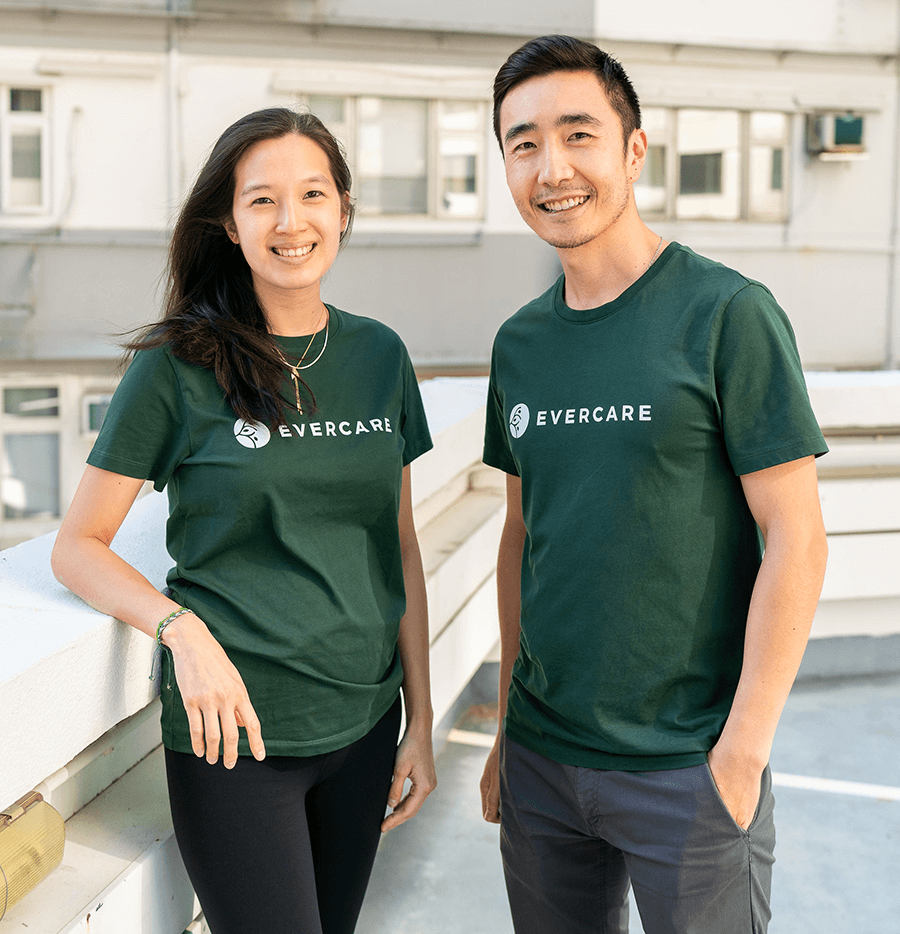
At the time, we were 30, recently married and without kids. We knew this chunk of time was rare and unlikely to come by again. We put all of our eggs in one basket so that giving up was simply not an option. If we failed, we would fail epically. At least there would be no regrets.
Finally, there is a huge difference between disagreement and disrespect. We disagreed because we both cared so much about our mission. What’s most important is that we disagreed while staying committed.
A startup is just like any relationship: the highs are always sweet. The true test is revealed during periods of hardship: will you still stick by each other at the bottom? We always have, and that’s made all the difference.
Finally, there is a huge difference between disagreement and disrespect. We disagreed because we both cared so much about our mission. What’s most important is that we disagreed while staying committed.
A startup is just like any relationship: the highs are always sweet. The true test is revealed during periods of hardship: will you still stick by each other at the bottom? We always have, and that’s made all the difference.
Describe the greatest business failure that you treasure the most.
I came very close to shutting down Evercare after the first few years . I had put 50% of my life savings into the business, and lost all of it. We were bleeding cash, unable to attract sufficient users to our platform. Without sufficient scale, we also lacked the track record necessary to be considered for any partnerships with other healthcare industry stakeholders.
I had embarked on the entrepreneurship journey full of optimism and excitement, but in reality, I was within days of running out of cash. I was a first-time founder, working in an industry I had no experience in. To make matters worse, I had brought my wife along with me on this seemingly reckless journey. By any conventional measure, I had failed on an epic scale.
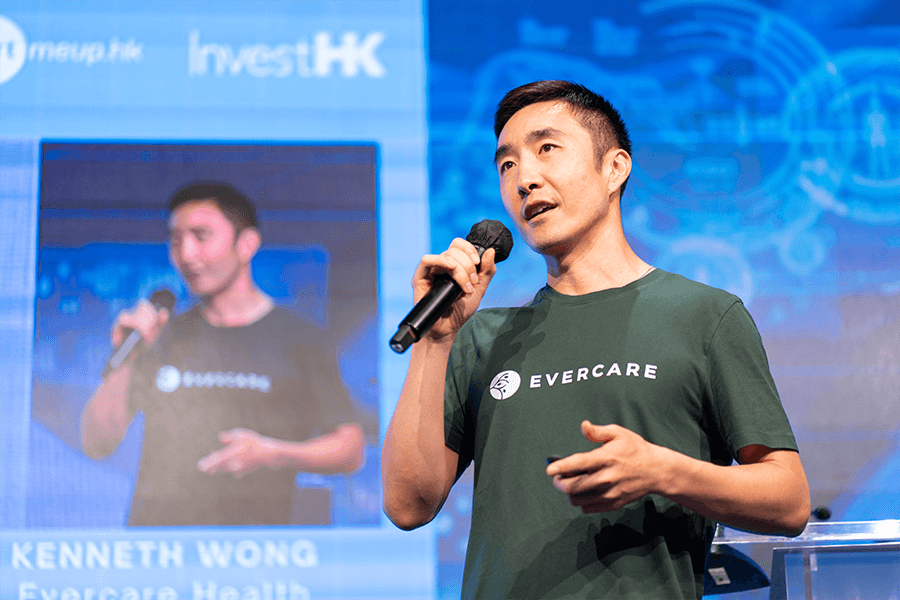
That said, I didn’t have time to dwell on my failure; I had a decision to make. Do I invest the remaining 50% of my savings? Or do I shut down Evercare and look for a proper job?
I still believed strongly in our mission to empower the elderly to live at home. I still wouldn’t have used any of the existing service providers on the market for my own family due to quality issues. And importantly, I still had the full support of my wife to stay committed to our entrepreneurial journey. So we made the decision to double down to keep the business afloat.
Over the years, I’ve learned that the entrepreneurial journey is not linear. Growth almost always lies in the plateaus. The question is whether you can stay committed to experience the inflection points.
To reinvent the caregiving experience, we have to successfully combine technology with the human touch. Caregiving is unlikely to ever become fully automated, but there are huge benefits in the transparency and efficiency that comes from digitization. That’s why we’ll continue to invest heavily in our technology platform while boosting our caregiver training efforts.
Investing in digitization and tech has allowed us to establish proprietary platforms and expand our customer base. Today, our mobile app for registered healthcare professionals has over 20,000 downloads, and our client portal is now used by over 100 hospitals and elderly care homes.
I still believed strongly in our mission to empower the elderly to live at home. I still wouldn’t have used any of the existing service providers on the market for my own family due to quality issues. And importantly, I still had the full support of my wife to stay committed to our entrepreneurial journey. So we made the decision to double down to keep the business afloat.
Over the years, I’ve learned that the entrepreneurial journey is not linear. Growth almost always lies in the plateaus. The question is whether you can stay committed to experience the inflection points.
What was the greatest investment you made in the company that led to the biggest ROI?
To reinvent the caregiving experience, we have to successfully combine technology with the human touch. Caregiving is unlikely to ever become fully automated, but there are huge benefits in the transparency and efficiency that comes from digitization. That’s why we’ll continue to invest heavily in our technology platform while boosting our caregiver training efforts.
Investing in digitization and tech has allowed us to establish proprietary platforms and expand our customer base. Today, our mobile app for registered healthcare professionals has over 20,000 downloads, and our client portal is now used by over 100 hospitals and elderly care homes.

What trends do you see for the health-tech industry in 2024 and beyond?
The future of caregiving is at home. We’re seeing an inflection point as more families shift towards home care and away from traditional settings like hospitals and elderly homes. While hospitals will always play a central role in healthcare, several key trends are driving a shift towards home care.
1. Aging population: As the population ages, there simply aren’t enough hospital beds to cater to the explosion in demand.
2. More choices: With more home care providers on the market, families finally have the choice to receive quality care in the comfort of their home. After all, it’s clear that older adults prefer to age in place, in their own homes, where they feel most independent and comfortable.
3. Quality improvement: The quality of care at home is improving rapidly. With interdisciplinary care teams offering both in-person and remote monitoring capabilities, we are evolving from traditional home care to modern, tech-assisted home care options.
4. Health and cost benefits: Research is showing that home care can improve health outcomes, and reduce unplanned hospitalization and costs.
5. Gig economy: Another major trend is the explosion of the gig economy in healthcare. According to Evercare’s latest research report, which analyzes proprietary data of over 20,000 healthcare professionals, we found that 30% of healthcare professionals are highly likely to quit their current job in the next 1-2 years.
In search of greater work-life balance and mental wellbeing, healthcare professionals are shifting to technology-enabled “gig work”, where nurses can control the frequency, duration, location, timing, and type of shifts they take.
***
In our Confessions of a CEO column, Asia’s entrepreneurs and business leaders share real-life tips for SMEs across the region. To read more entrepreneurship stories like Kenneth’s, subscribe to our monthly newsletter below, and keep your eyes peeled for the next edition.








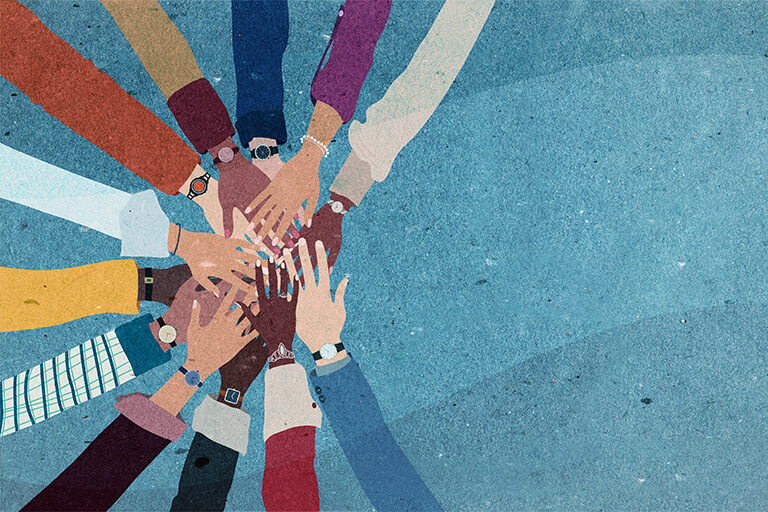

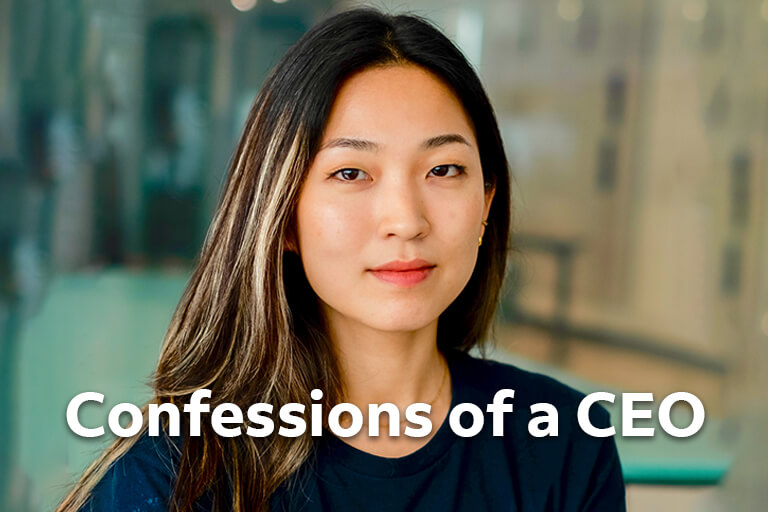

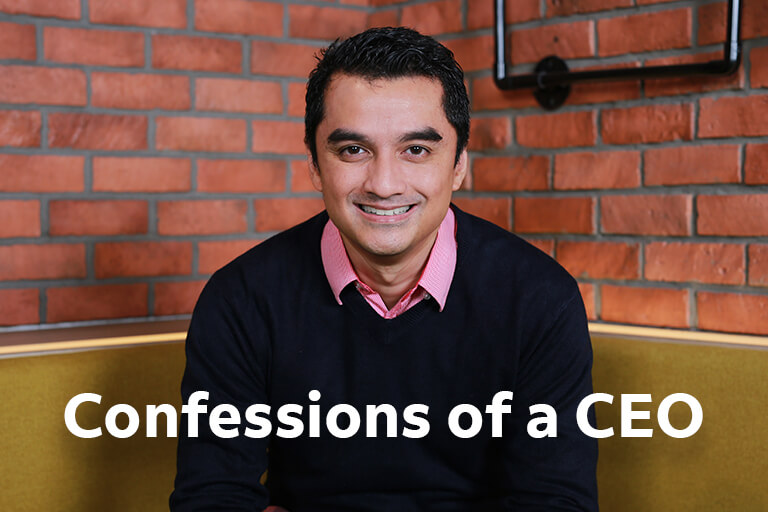






 The Latest
The Latest